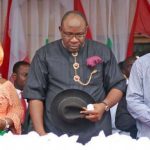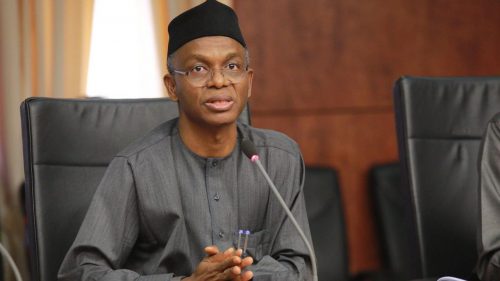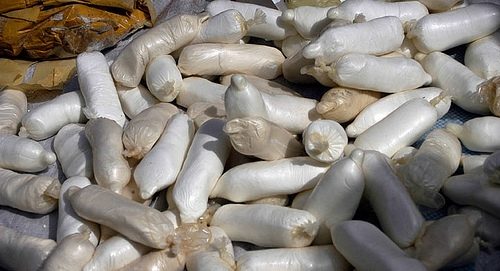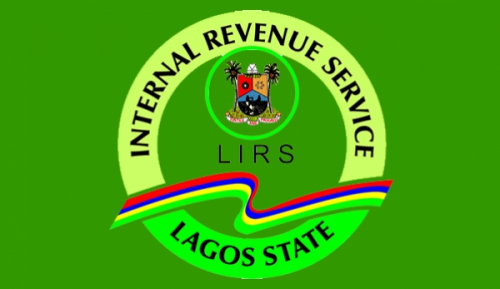Boko Haram: Reps to audit excess crude account over $1bn expenditure
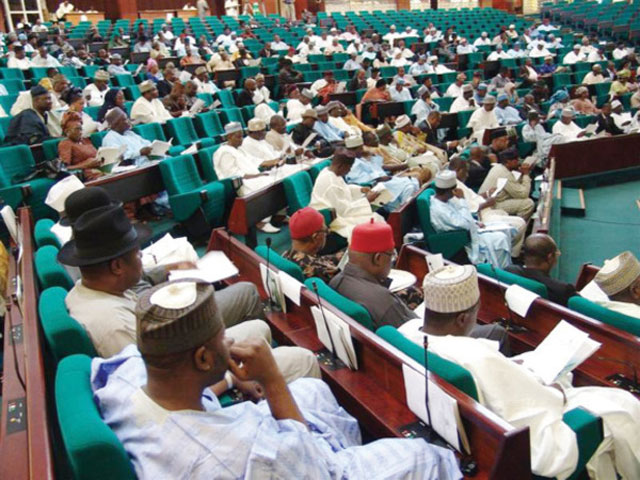
*Split over 13 per cent derivation application
The House of Representatives on Thursday resolved to carry out a forensic audit of funds that have accrued into the controversial excess crude account operated by the federal government, even as House members were divided over attempts to apply the 13 per cent derivation principle to the $1billion approved by the President Muhammadu Buhari’s administration to prosecute the Boko Haram insurgenay.
This resolution was reached in order to determine what funds accrued to the state and federal governments and how states contributed the $1billion which was approved by the National Economic Council (NEC) to fight the Boko Haram insurgency.
After heated debates by proponents and opponents of a motion to deduct the 13 per cent derivation from the $1billion expenditure sponsored by Hon Ken Chikere (PDP, Rivers), the Speaker of the House, Hon Yakubu Dogara ruled that further debate on the motion be suspended, but that the House Committee on Finance and Legislative Compliance to carry out the audit and report back in four weeks.
Dogara said: “It is a dispute between the governors; it is not our position to look into this issue. This is not the forum to discuss this development.
“We just have to suspend it. It is for us to mandate the relevant committees to investigate and know what belongs to which arm of government, so that we can speak from an informed position.
“Let us know what is in the Excess Crude Account, to be sure that the $1billion belongs to the states.”
Moving his motion, Hon Chikere tasked the House to urge the ministry of finance to ensure that the sum representing 13 per cent of the $1billion approved by the National Economic Council (NEC) on December 14, 2017, to fight Boko
Haram insurgency is deducted and paid to oil producing states in compliance with Sections 162 (2) of the 1999 Constitution (as amended).
He expressed concern that the 13 per cent derivation fund payable to oil producing states had not been deducted and paid to them from the $1billion before or after the approval of the said sum to fight the Boko Haram insurgency.
The lawmaker argued further that it would amount to double contribution from the said states and a breach of Section 162 (2) of the 1999 Constitution and Section 1 of the Allocation of Revenue (Federation Account) Act, 2004.
Chinkere reminded his colleagues of a proviso to Section 162 (2) which states that 13 per cent derivation of the proceeds of the oil producing states as derivation fund payable to Akwa Ibom, Rivers, Delta, Bayelsa, Cross River, Edo, Abia, Imo, Ondo, Anambra and Lagos states.
He averred therefore that there was the compelling need to deduct the 13 per cent derivation since it’s not been deducted from the approved $1billion expenditure by the National Economic Council, adding that “if the 13 per cent is not deducted from the $1billion and paid to the oil producing states, it would amount to double contribution and breach of the constitution and Revenue Allocation Act.”
Chikere’s arguments in favour of his motion drew the support and ire of House members, resulting in a split with lawmakers backing the motion asserting that the money in question belongs to the state governments.
Those opposed to the motion averred that the Boko Haram insurgency is a threat to the nation’s sovereignty and as such, the issue should be tackled headlong to avoid unforeseen circumstances.
Also, they argued that the House lacks the powers to legislate on an issue that has to do with states, adding that the House should not be ridiculed as the money in question does not belong to the federal government.
Hon Uzoma Nkem-Agbonta in his argument questioned the ownership of the money, insisting that the money should be investigated to know if the federal government’s share of the money hasn’t been tampered with.
“We need to know who owns the money and also to know if the federal government money is not tampered with. The accountant general and finance minister should tell us how much is in the Excess Crude Account,” Nkem-Abonta said.
He was supported by Hon Abiante Inombek, who stated that “if the money actually belongs to the states, why then are some of the states raising objections?” and added that the 13 per cent should be enjoyed by those states benefiting from it.
Chairman, House Committee on Rules and Business, Hon Emmanuel Oker-Jev, who led the camp of House members opposed to the motion, raised a point of order, stating that the motion is speculative.
Relying on Order 9 (6) of the House Rules, Oker-Jev said, “We have to step it down. We cannot be entertaining a motion when we don’t have the facts.”
In his submission, Hon Shehu Garuba, said that in as much as he understands the reason behind the motion, he does not agree that the 13 per cent of the approved sum should be paid to the oil producing states.
He added that “any crisis in any part of the country is a challenge to every Nigerian. I disagree with this motion.”
Deputy Speaker of the House, Rep. Suleiman Lasun, said that the motion touches on the foundation of the constitution, adding that the consolidated and federation accounts were not really spelt out by the constitution, as both were being used interchangeably.
He said that whatever it will take, the issue of Boko Haram should be addressed.



